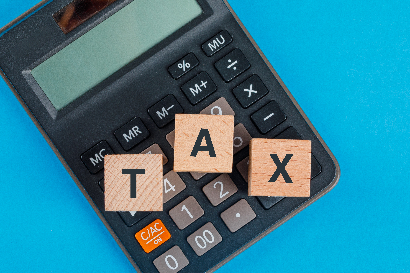

Do You Need to Report Gifts in Your Income Tax Return? Here’s What the Law Says
When it comes to filing your Income Tax Return (ITR), many taxpayers wonder—should gifts be included? Are they taxable? The answer depends on who gave the gift, its value, and the occasion. Let’s break down the gift taxation rules under Indian law so you can file your ITR accurately and avoid surprises.
Are Gifts Always Taxed?
Not always. As per the Income Tax Act, 1961, gifts are taxed under “Income from Other Sources” only when their total value exceeds ₹50,000 in a financial year and they are received from non-relatives.
However, several types of gifts are entirely exempt from tax—and you don’t need to declare them either.
Gifts That Are Not Taxed
Here’s a look at the most common gift types that are not taxable:
- From Close Relatives: Gifts from your parents, spouse, siblings, or children are exempt, regardless of the amount.
- Wedding Gifts: Any gifts received on the occasion of your marriage are fully exempt.
- Inheritance and Wills: If you inherit money or property through a will, you’re not liable to pay tax on it.
- Government or Local Authorities: Gifts received from recognized public institutions are also tax-free.
- In Anticipation of Death: Gifts given in contemplation of the donor’s death are not taxable.
When Do Gifts Become Taxable?
Gifts become taxable when:
- They are received from someone who does not qualify as a relative,
- And the aggregate value exceeds ₹50,000 in a financial year.
Taxable gifts may include:
- Cash transfers
- Movable assets like jewelry or shares
- Immovable property such as land or a flat
In such cases, you must include them while filing your income tax return.
Declaring Gifts in Your ITR
Taxable gifts must be reported under the “Income from Other Sources” section of your ITR. It’s essential to:
- Keep a record of gift receipts
- Collect supporting documents such as gift deeds, bank statements, or asset valuation reports
This will help if the Income Tax Department seeks clarification or verification.
What If You Don’t Declare a Taxable Gift?
Non-disclosure of taxable gifts can result in:
- Interest on unpaid taxes
- Penalties under the Income Tax Act
- Possible scrutiny or audits by the department
Being transparent ensures peace of mind and compliance with tax laws.
Important to Note
Gifts exceeding ₹2 lakh in cash also require the PAN of the giver, as per Indian tax rules. Not reporting this can lead to further scrutiny or even a penalty.
Quick Reference Table
| Type of Gift | Taxable? | Report in ITR? |
|---|---|---|
| From close relatives | No | No |
| On marriage | No | No |
| From non-relatives (above ₹50,000) | Yes | Yes |
| Inherited through will | No | No |
| From government or public bodies | No | No |
Final Words
While gifts are often acts of goodwill, ignoring the tax implications could land you in trouble. Understanding which gifts are taxable and keeping proper documentation can help you stay compliant with Indian tax laws. If you’re ever in doubt, consider seeking guidance from a qualified tax consultant.
Disclaimer
This article is intended for informational purposes only and should not be considered tax, legal, or financial advice. Tax laws may change, and each individual’s situation is unique. For advice tailored to your circumstances, please consult a tax professional or refer to official government resources.











